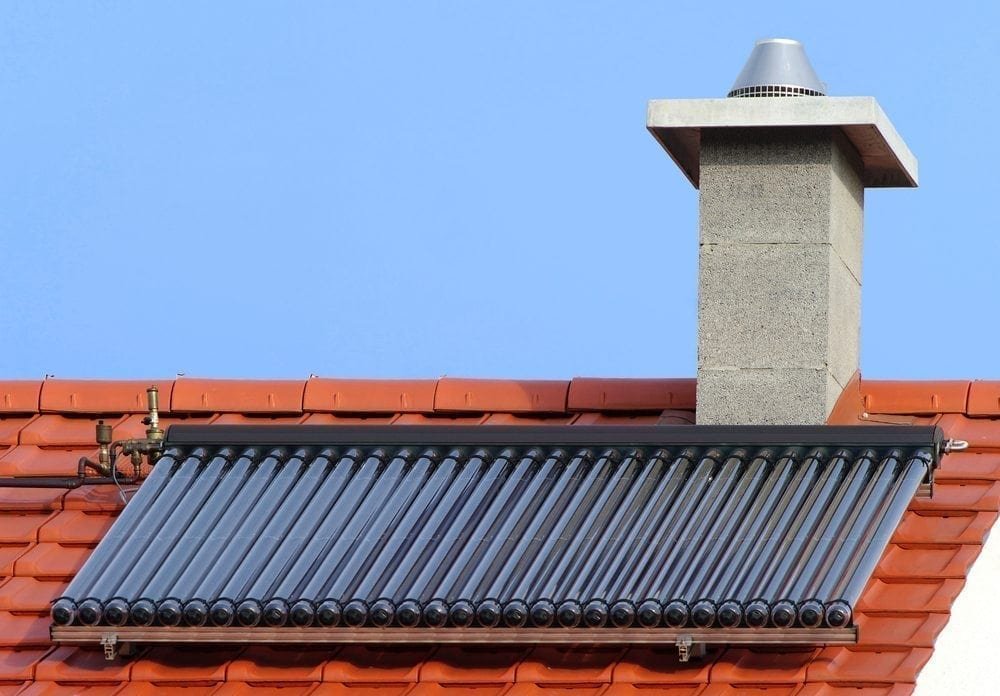Last week, the government published a consultation proposing an end to support for solar thermal hot water heating, just as the UK market starts to recover. If the proposals go through the internationally recognised technology will be cut out of the Renewable Heat Incentive entirely next year.
Renewable energy innovators fight for customers’ rights to RHI
A shock proposal
DECC’s proposal comes as HMRC decides whether to hike VAT for solar thermal up from 5% to 20%, adding £675 to the cost of a typical residential install.
The shock proposal came after repeated statements from Energy Secretary Amber Rudd that renewable heat is the major focus for UK renewables policy, given the UK is off track on its 2020 renewables targets.
In 2014 green sources provided only 4.8% of the UK’s heat, which puts the UK way behind its self-imposed target of 12% renewable heat by 2020. It also follows warnings by the Committee on Climate Change that greater effort is needed on renewable heat.
‘This proposal simply doesn’t make sense. The government acknowledges the many benefits of solar thermal, yet proposes singling it out for the removal of financial support. With UK renewable heat deployment falling desperately behind target, government should be full square behind this technology as part of a strategic plan to permanently bring down heating costs for British families.’
Paul Barwell, CEO of the Solar Trade Association
Accessible to all homeowners
Solar thermal is one of the most established and accessible renewable energy technologies, with over 350GW of global capacity. That’s considerably more than the global capacity for solar PV.
Its applications have expanded into space heating, community heating, district heating, hotels, hospitals and industrial processes. Solar thermal also works effectively alongside other renewable technologies.
The proposal is doubly surprising because of the government’s stated intention to ensure less-able-to-pay households can benefit better from the Renewable Heat Incentive scheme.
Keeping bills down
Unlike other renewable heat technologies, solar thermal has negligible running costs and can be added to existing heating systems. Its performance does not depend on investing in a highly insulated house, making it particularly well suited to homes in fuel poverty.
It also works effectively in built-up urban areas and on smaller roofs, broadening the opportunities for British homes to invest in renewables.
‘The use of solar thermal panels to provide hot water in some of our existing housing schemes helps to keep our customers’ gas bills down, and this technology and other renewables continue to be important options we consider as part of our stock development and improvement plans. Continuation of the Renewable Heat Incentive and the Feed-in Tariff is important for solar thermal and other renewables until these markets more fully mature.’
Gordon Watts, Sustainability Manager at South Yorkshire Housing Association
 Play Video about This Rock Might Just Save The World
Play Video about This Rock Might Just Save The World Play Video about Play 2 hours of rock
Play Video about Play 2 hours of rock Play Video about Play 2 hours of brook
Play Video about Play 2 hours of brook Play Video about Play 2 hours of sheep
Play Video about Play 2 hours of sheep











































